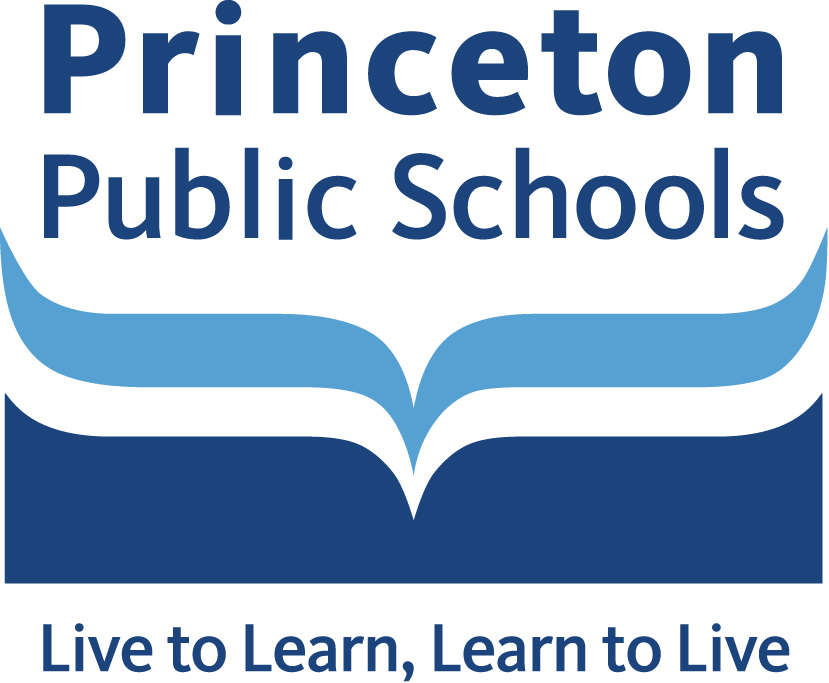Stung by criticism that its new Communications Charter will stifle school board members, the Princeton Public Schools Board of Education is going to review it at a special meeting Dec. 3.
The meeting starts at 7:30 p.m. and will be held at the Valley Road Administration Building.
The Communications Charter, which was adopted at the school board’s Oct. 29 meeting, sets out guidelines for communication between the school board and the superintendent, and the school board and the community.
The Communications Charter reflects current school board policies and procedures, said school board president Beth Behrend.
But in a letter to the editor, several residents criticized the Communications Charter. They alleged that it restricts free speech because only the superintendent of schools and the board president will serve as spokesmen to the media.
The Communications Charter also states that school board members will not share confidential information with the public, including information that has been prepared for “deliberative purposes.”
If a school board member is unsure whether information is confidential, the superintendent must be consulted first if the school board member plans to share that information with the public, the Communications Charter states.
“The Princeton Board of Education has mandated that its members may not publicly question school board actions and policies,” according to the letter to the editor.
“(The school board) must be open and responsive both to its members and to the community. Provisions that in any way restrict free speech and discourse are unacceptable and must be repealed,” the letter writers wrote.
But the Princeton school board’s policies are identical to the policies followed by the Montgomery, Lawrence and Hopewell Valley public school districts and their school boards.
Only the superintendent and the board president are authorized to speak for the district and the school board to the media, according to the policies in the three neighboring school districts.
School board members in the Montgomery, Lawrence and Hopewell Valley school districts are not constrained from expressing themselves, however.
The policies in those districts allow school board members to speak publicly “on any matter, including issues involving the school board and the district.” They must make it clear that they are not expressing the board’s position, unless they are authorized to do so.
A school board member “shall not represent his or her personal opinions as the position of the board, and shall include in all forms of expression in which their board affiliation is likely to be recognized, such as letters to government officials or newspapers….a statement that the opinions expressed do not necessarily reflect those of the board.”
The policies in the three districts also state that “Confidential information to which a board member becomes privy as a result of his or her office shall be used only for the purpose of helping the member to discharge his or her responsibilities as a board member.”
“No board member shall reveal information contained in a confidential record or received during a duly convened private session of the board, except when that information has been released to the public by the board,” the policies state.
The language in the policies adopted by the Montgomery, Lawrence and Hopewell Valley school boards is identical.
None of the three school districts, however, have adopted a policy such as the one included in the Communications Charter that states that school board members “will serve as ambassadors for their district, emphasizing the positive aspects of the district.”
Behrend, the school board president, said the school board discussed the New Jersey School Boards Association template in public retreats earlier in the year as a way of helping the board members work more effectively as a team on behalf of the students.
The template, which was used by the Princeton school board, includes a line that says board members would “serve as ambassadors for the district, emphasizing the positive aspects of the district.”
“We initially understood this language as encouraging members to share with the community the many good things happening in our schools,” Behrend said.
“In no way did we intend to limit the speech of our members. We recognize the value of accurate information, diverse opinions and honest dialogue,” she said.
Designating a spokesman does not restrict the right of board members to ask questions, state opinions or speak at board meetings, she said.
Board members may disagree during discussions at school board meetings, but once the board votes on a particular matter, the code of ethics requires that members support the decision of the majority, Behrend said. It is permissible for them to talk about the reasons why they may have voted against a particular decision.
As for confidentiality, Behrend said it may be necessary for “preliminary financial information or certain proposals to stay internal until finalized or more fully developed and ready for ‘prime time’ discussion.”
The school board has taken steps to increase communication with the community, including “Bagels with the Board.” It is an opportunity for informal interactions with school board members and is held regularly in each school building, she said.
The school board meets twice per month, with more work done in public, Behrend said. The board also has increased the number of public meetings of the facilities and student achievement committees. The Equity Committee meets in the evening, she said.
School district officials now meet quarterly with the mayor and the town’s administration, and also meet regularly with Princeton University, Behrend said.
Finally, school district officials meet with the Princeton Charter School and the Institute for Advanced Study. It also meets with community groups, such as the Princeton Clergy Association and the Witherspoon-Jackson Neighborhood Association, Behrend said.

